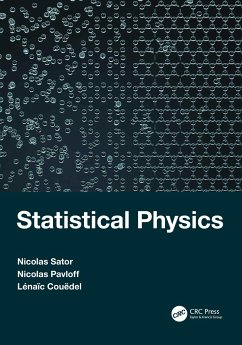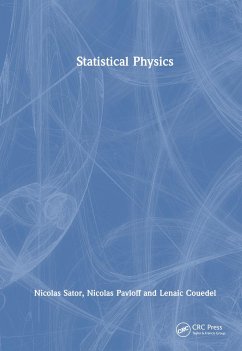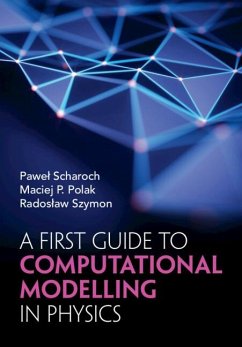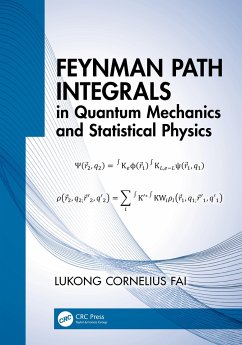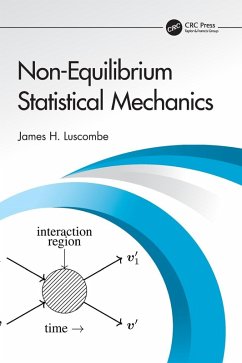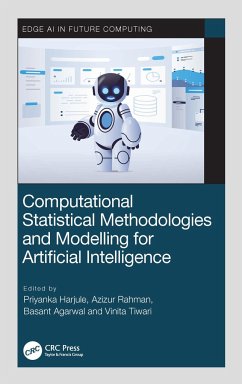Nicht lieferbar
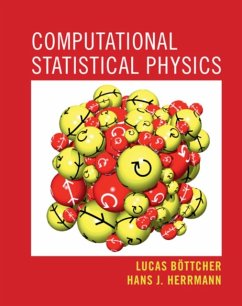
Computational Statistical Physics
Versandkostenfrei!
Nicht lieferbar
Detailed and pedagogical account of computational statistical physics, this book covers both theoretical foundations of equilibrium and non-equilibrium statistical physics, and also modern, computational applications. The accessible and self-contained approach adopted by the authors makes this book suitable for teaching courses at graduate level.






